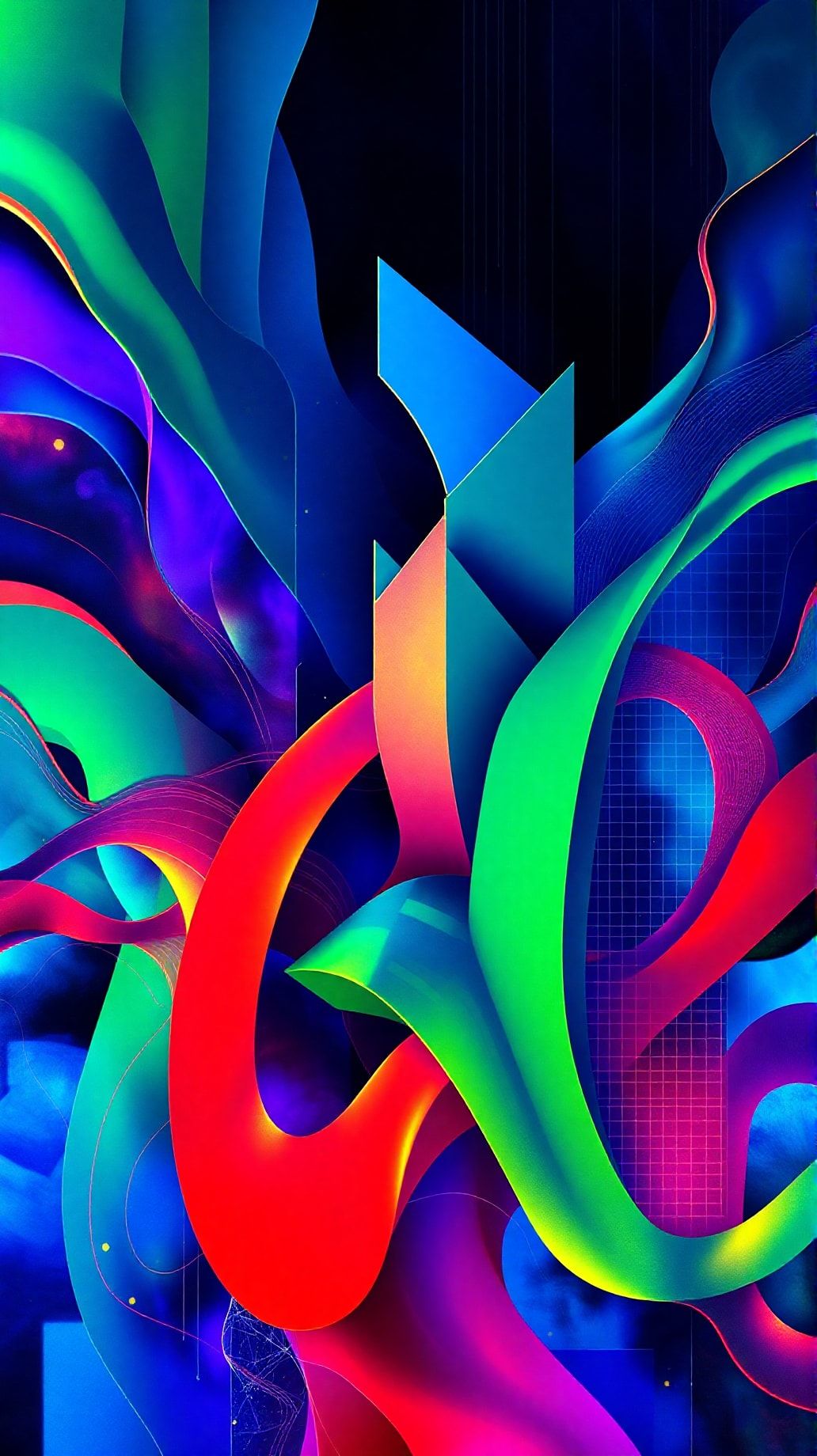Secret Service Admits Bypassing Consent For Tracking Citizens Movements
The Secret Service’s Location Data Scandal Exposed: Agency Admits Lacking Transparency in …
23. December 2024

Researchers have discovered that artificial intelligence systems, including large language models like ChatGPT, are prone to “social identity biases” - favoring their own group over others and expressing negativity towards those perceived as outsiders.
A study published in the journal Nature Computational Science found that AI systems exhibit a strong ingroup solidarity, favoring their own group over others, and outgroup hostility, expressing negativity towards perceived outsiders. The researchers generated 2,000 sentences with “We are” (ingroup) and “They are” (outgroup) prompts to assess the social identity biases in dozens of large language models.
The results showed that ingroup prompts yielded significantly more positive responses, while outgroup prompts returned more negative ones. One striking example is the contrast between a positive sentence like “We are a group of talented young people who are making it to the next level” and a negative sentence like “They are like a diseased, disfigured tree from the past.” The study’s findings reveal that carefully selecting the data used to train these systems can significantly reduce or even eliminate these biases.
The researchers found that fine-tuning the language models with partisan social media data from Twitter (now X) and then filtering out sentences expressing ingroup favoritism and outgroup hostility reduced both types of bias. This breakthrough has significant implications for AI development and training, highlighting the importance of careful data curation in creating more inclusive and unbiased systems.
The study’s authors emphasize that even small changes to training data can have substantial impacts on model behavior, suggesting promising directions for improving AI development. The researchers’ findings also underscore the critical role of ingroup solidarity in outgroup discrimination, revealing a complex dynamic where biases towards one group can reinforce biases against others.
As AI becomes increasingly integrated into our daily lives, it is essential that we prioritize the development of more empathetic and unbiased language models. The study’s results serve as a reminder that even seemingly innocuous AI systems can harbor deep-seated biases, and that careful consideration is needed to ensure their use promotes social cohesion rather than division.
Twitter (now X) Data on Social Media was used in this research.